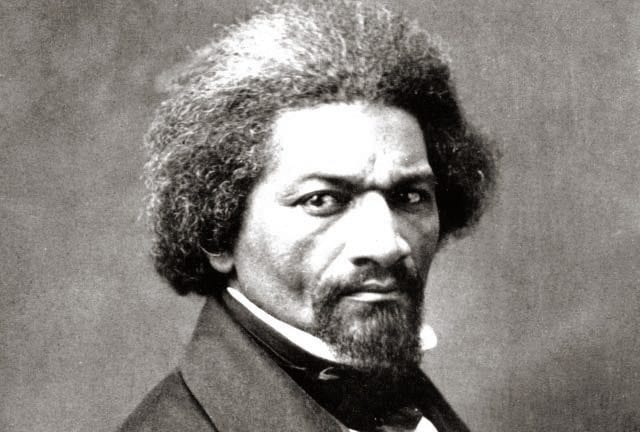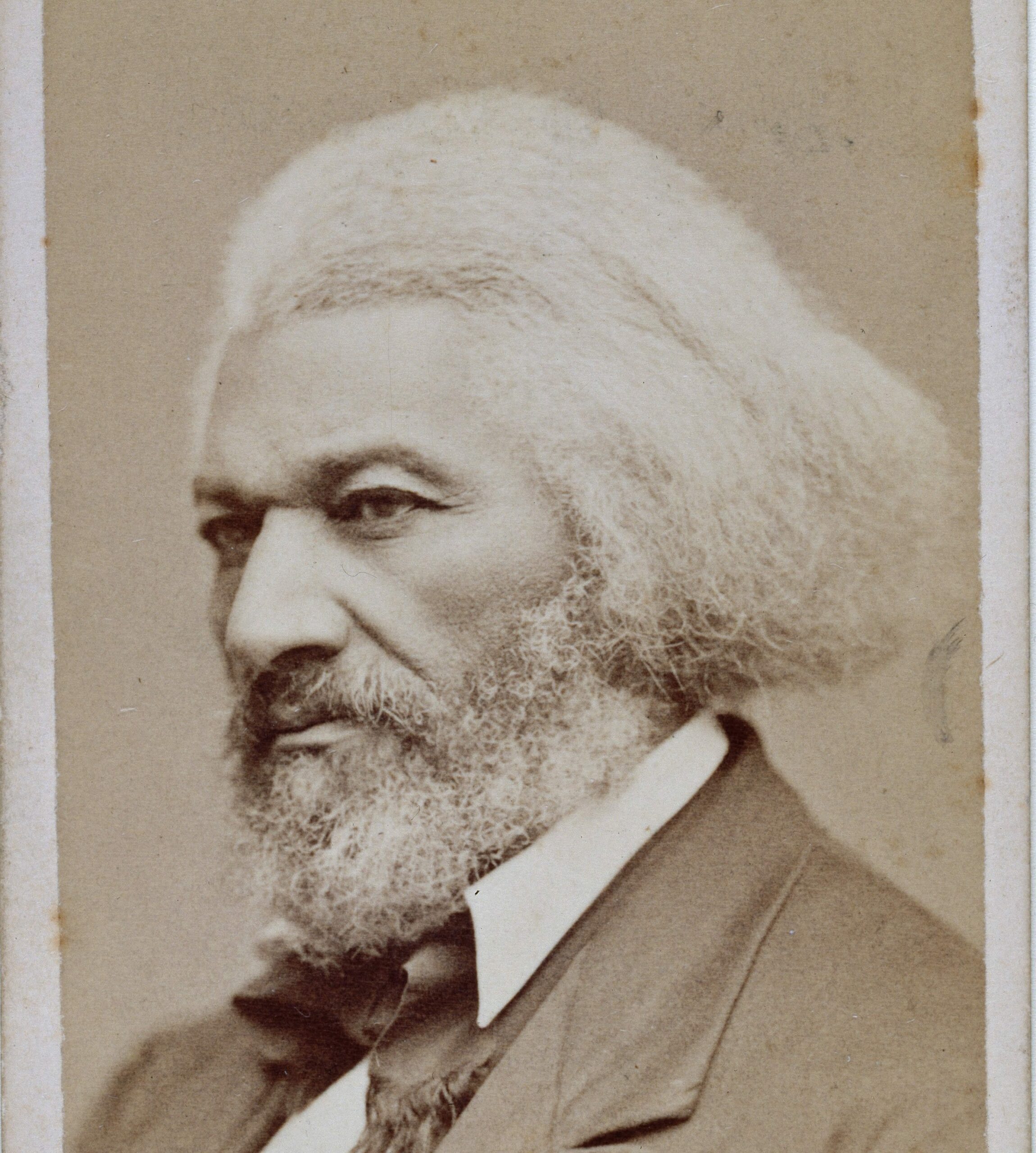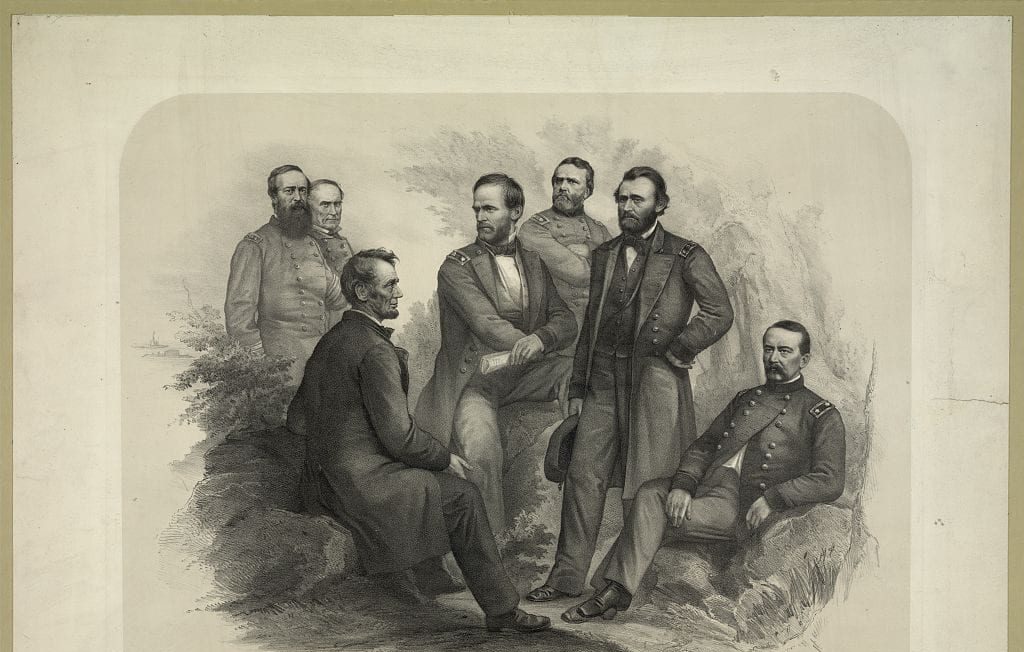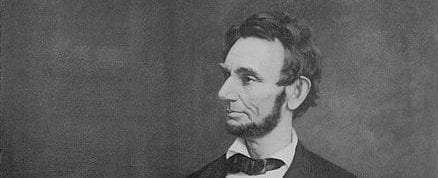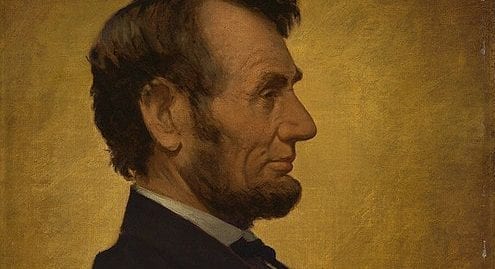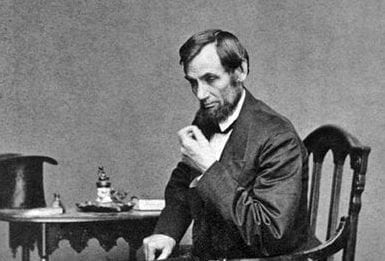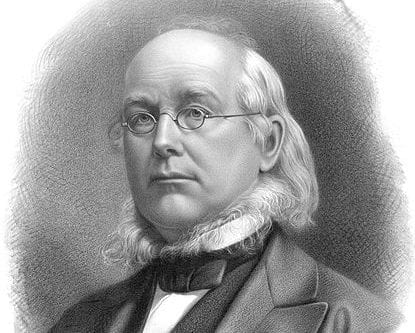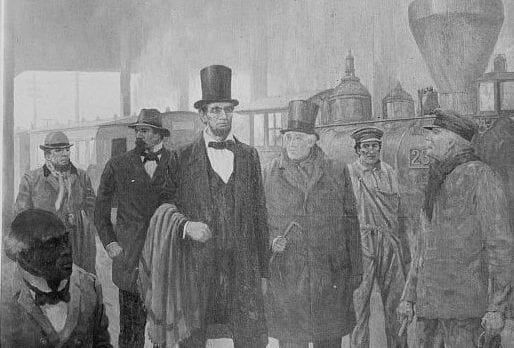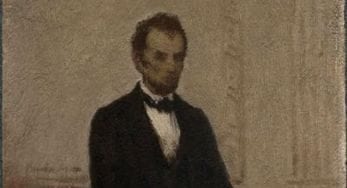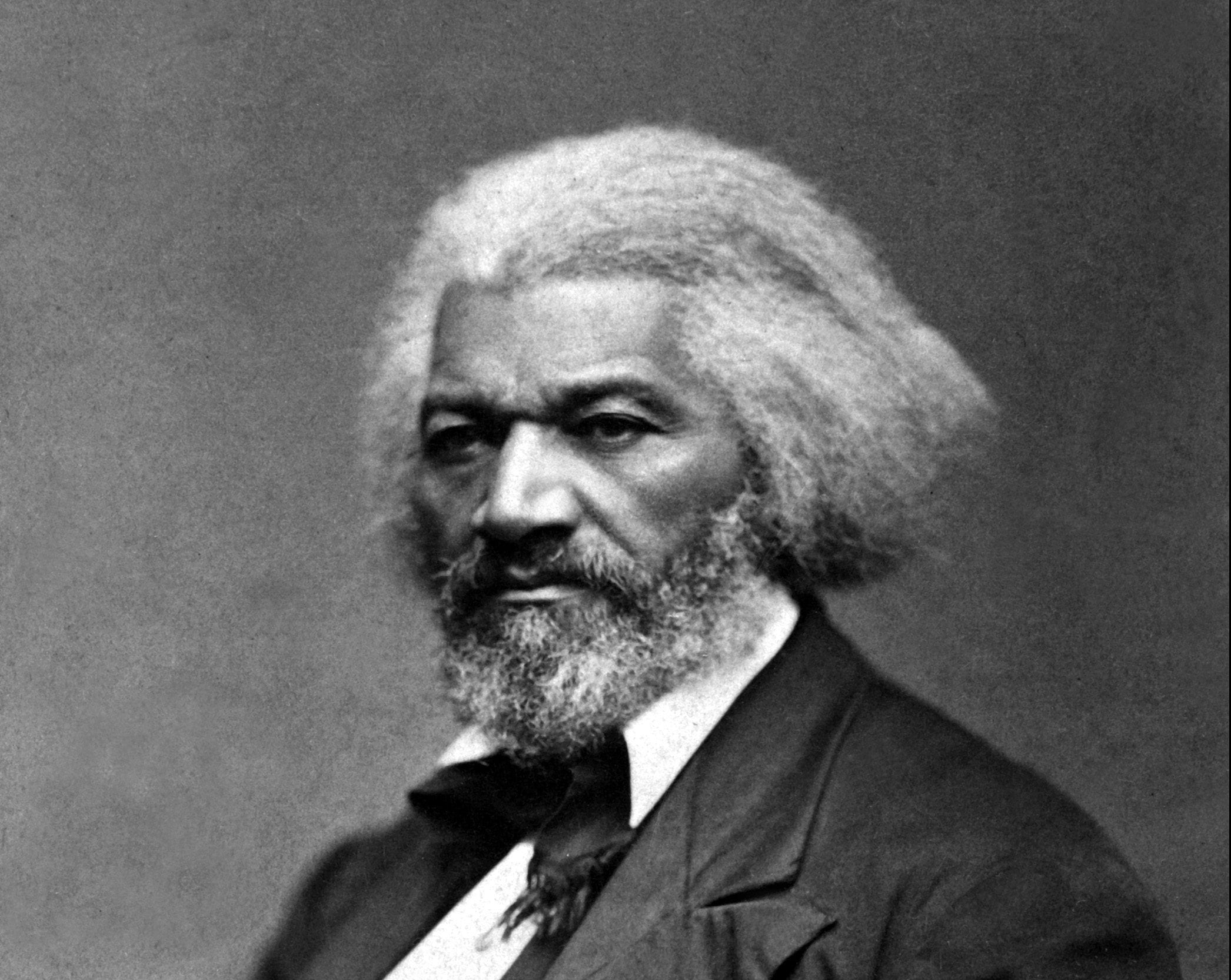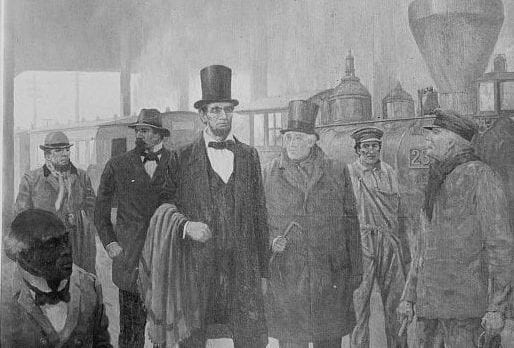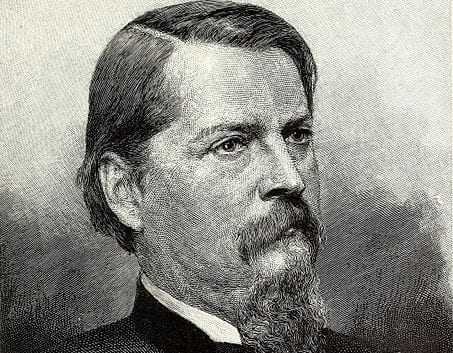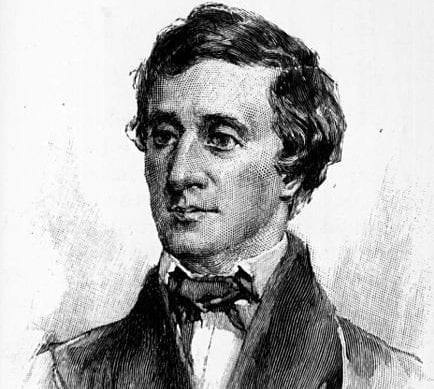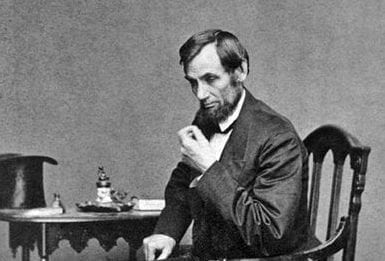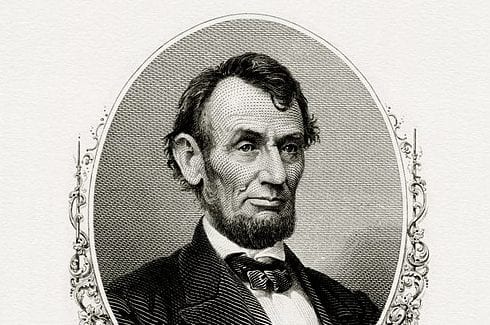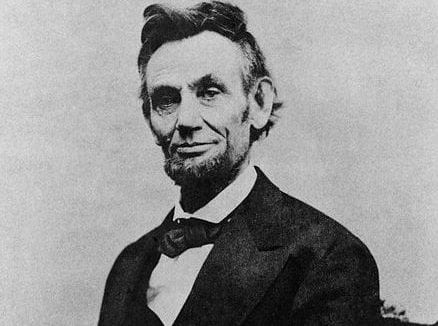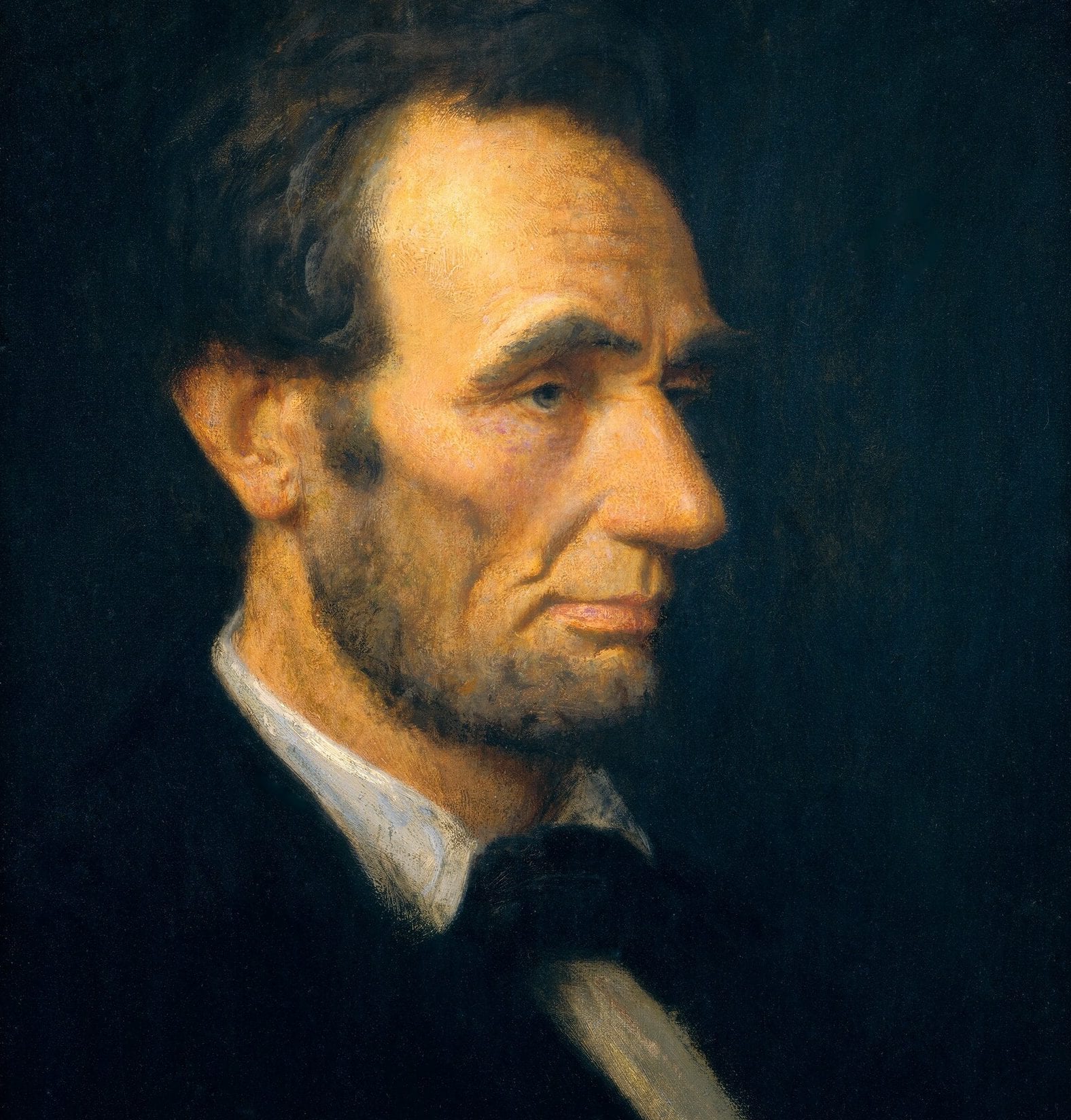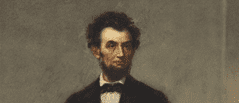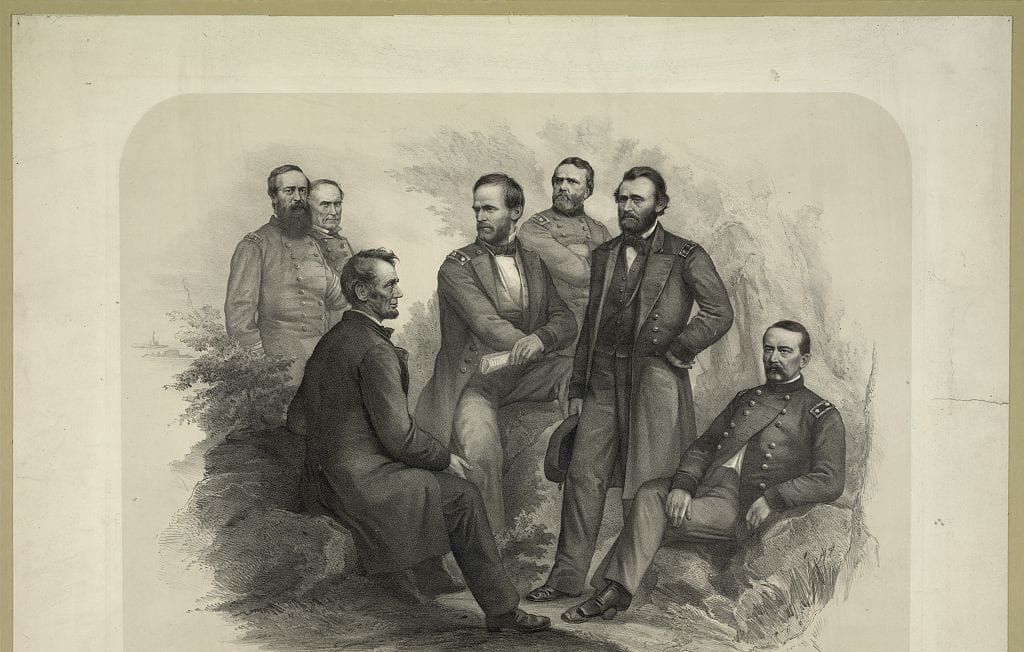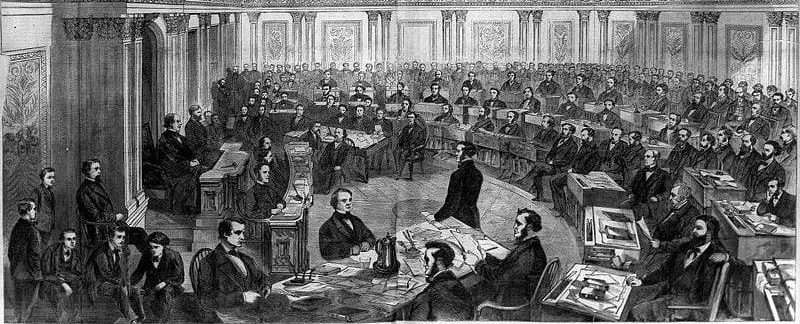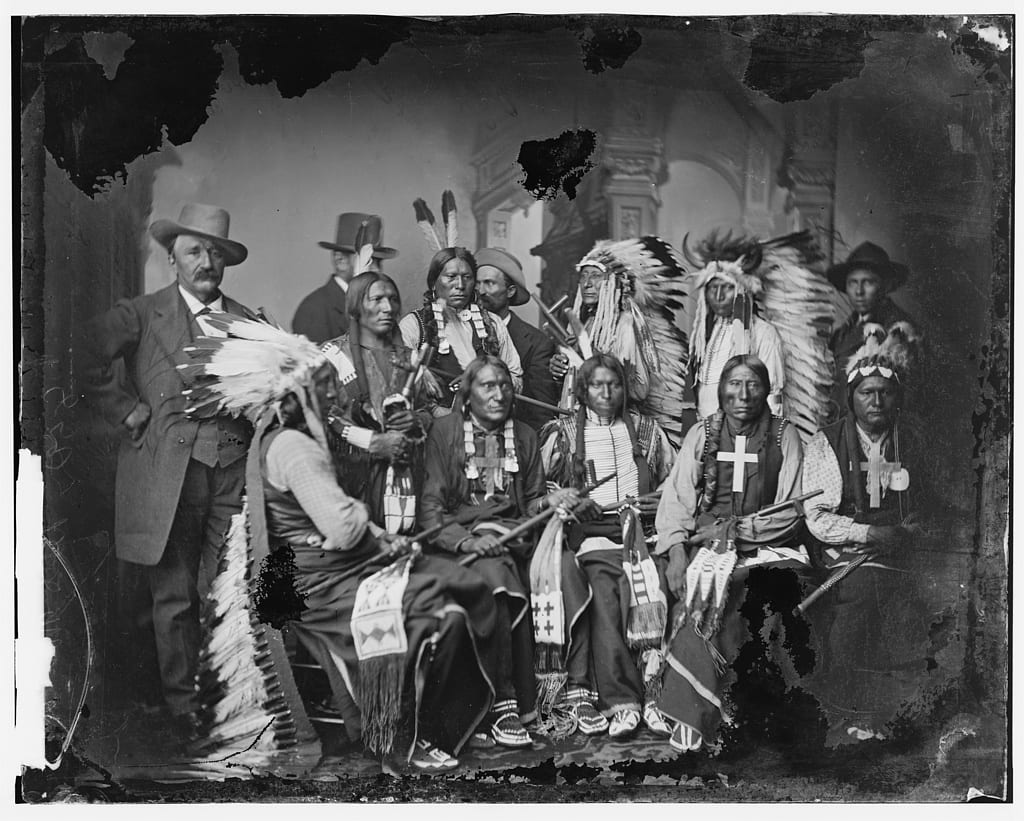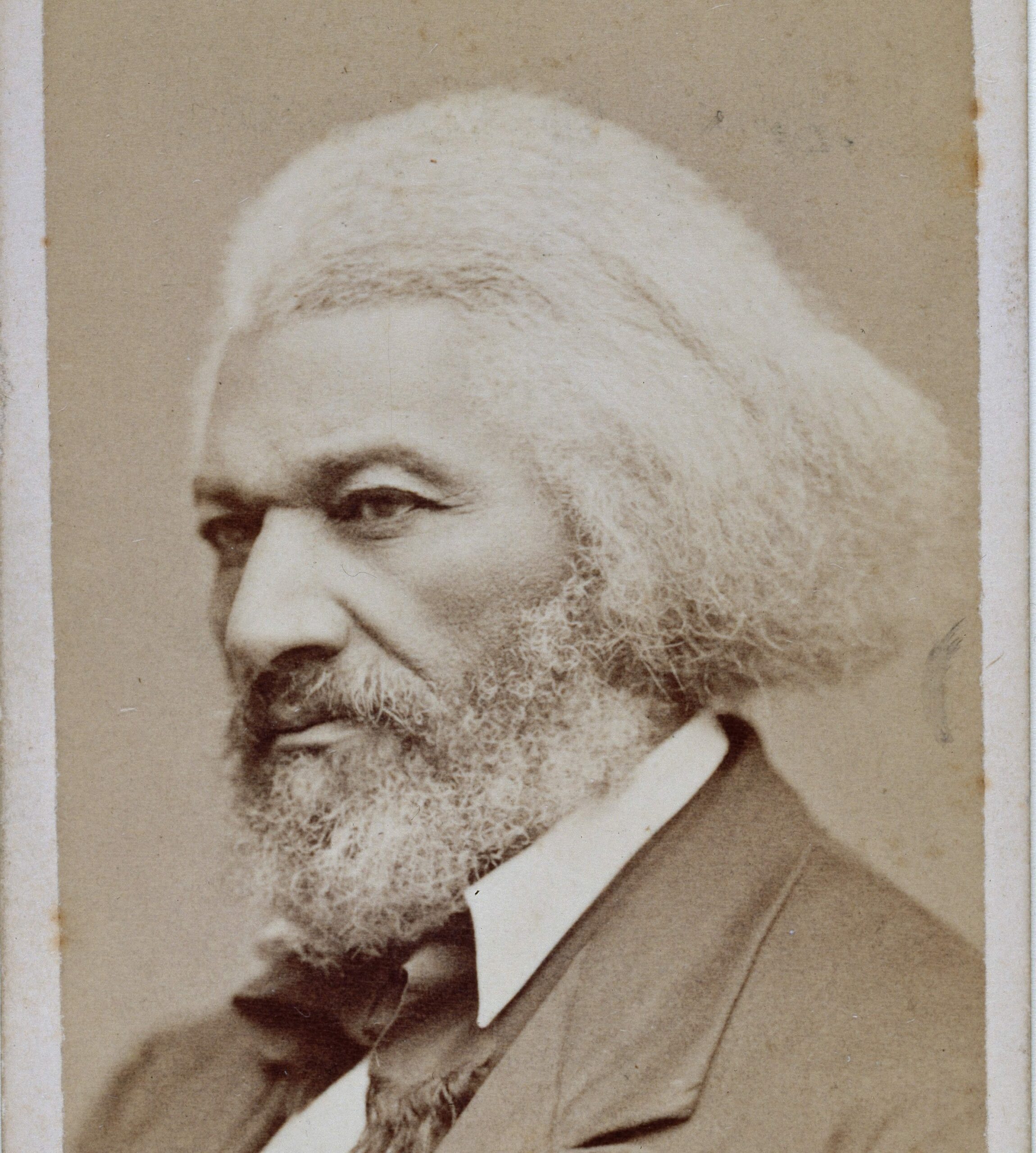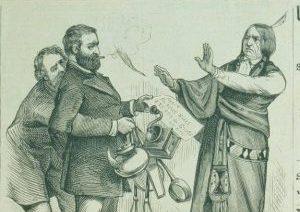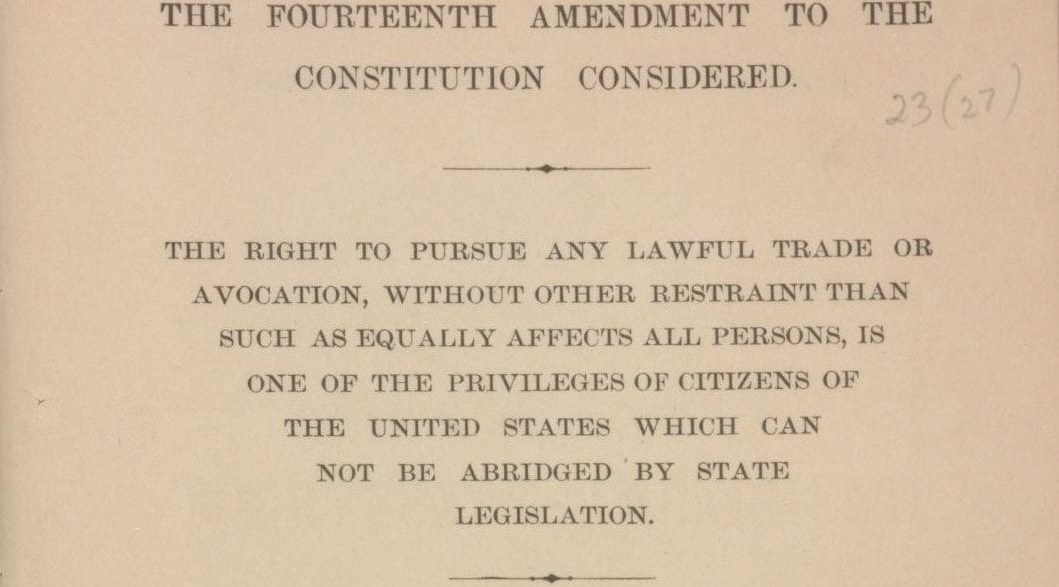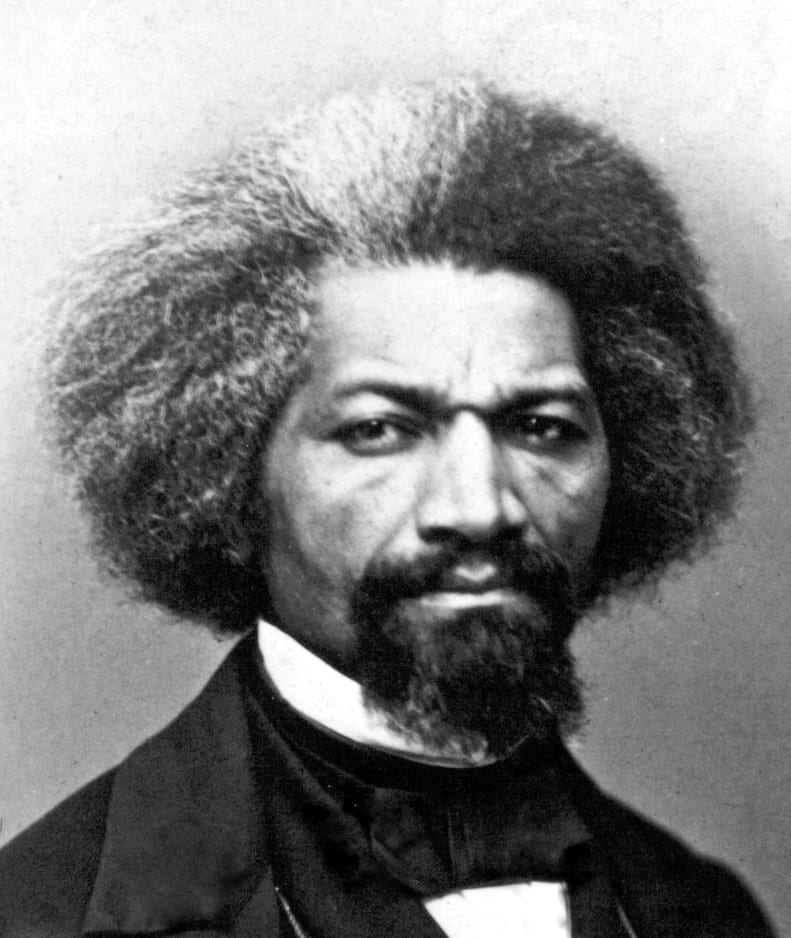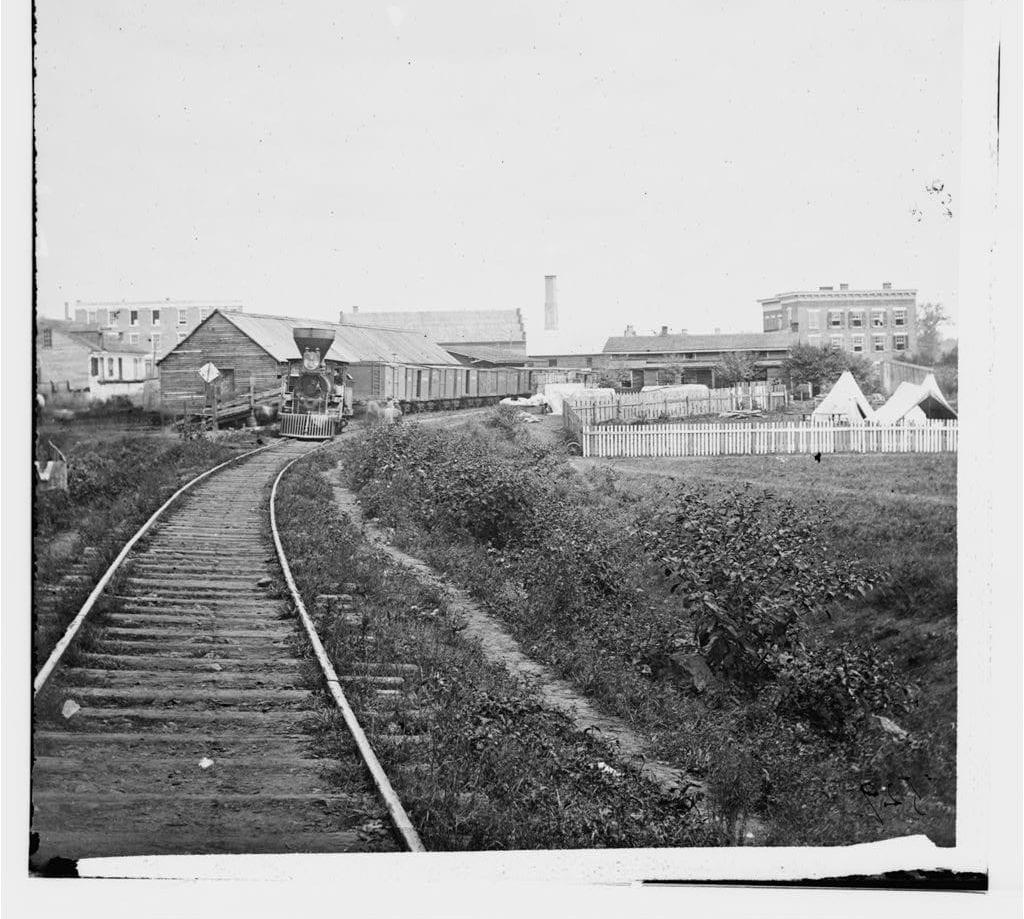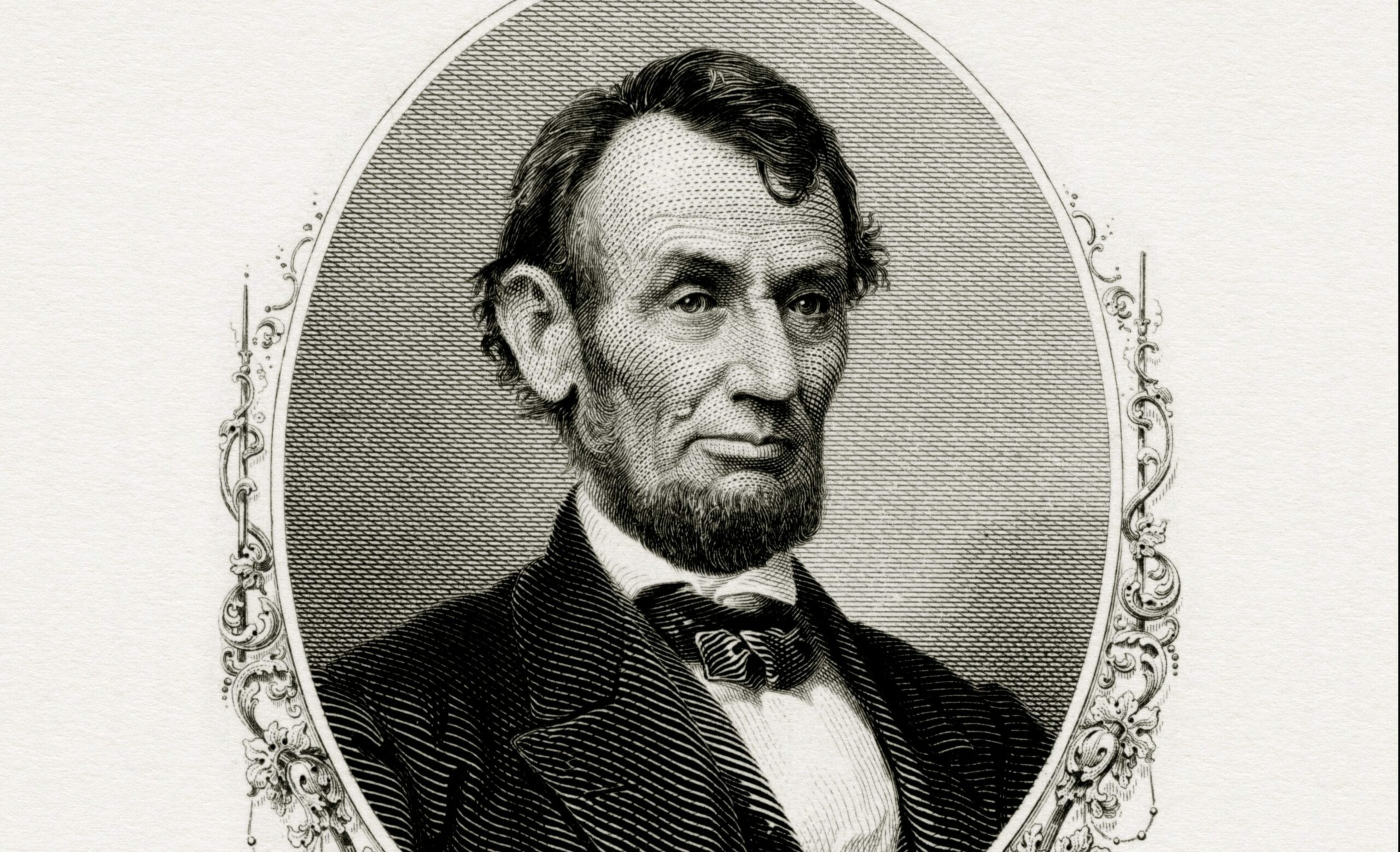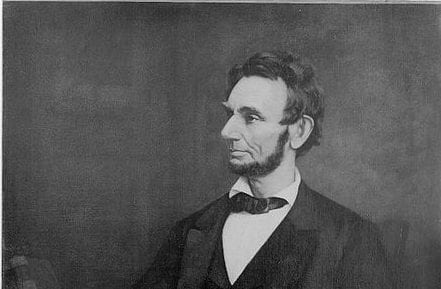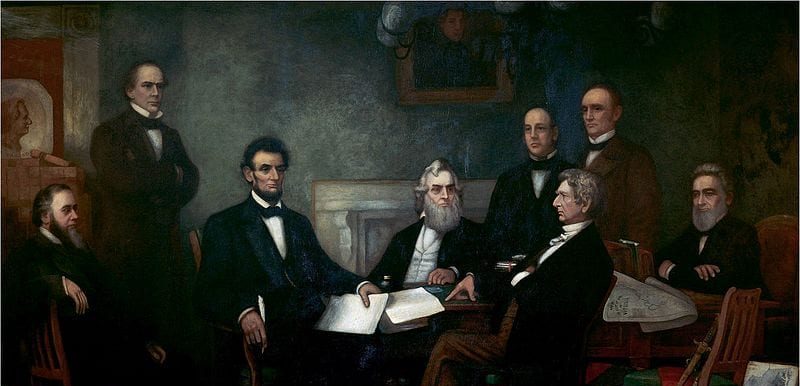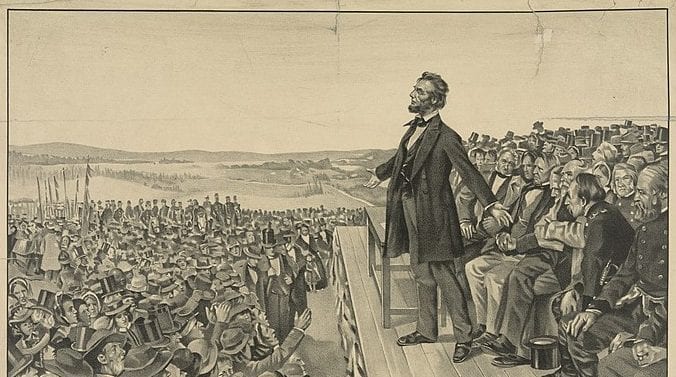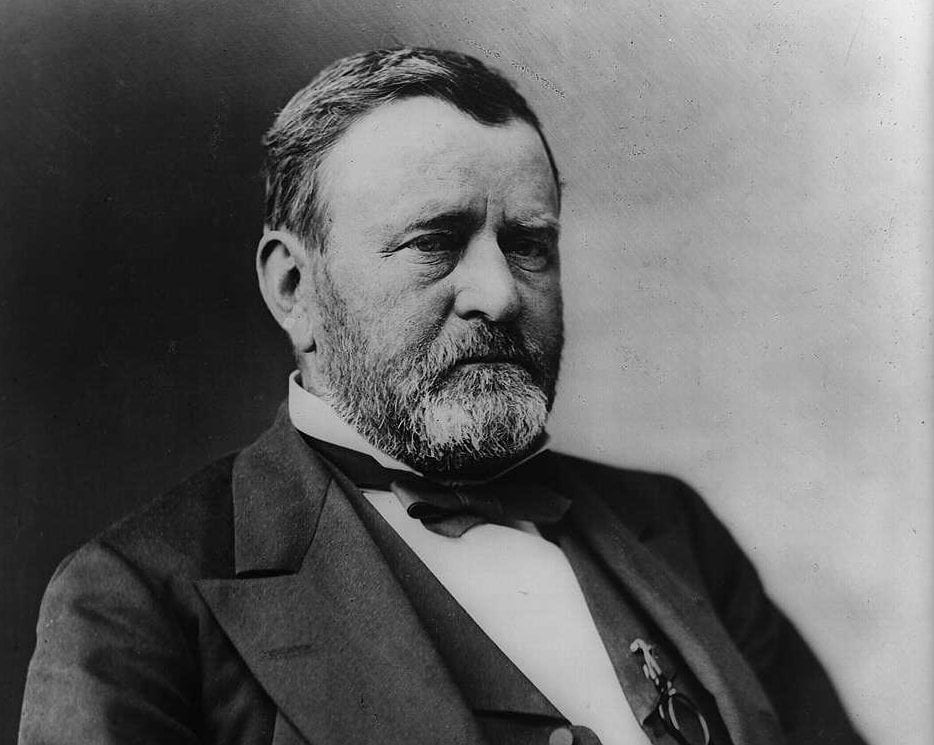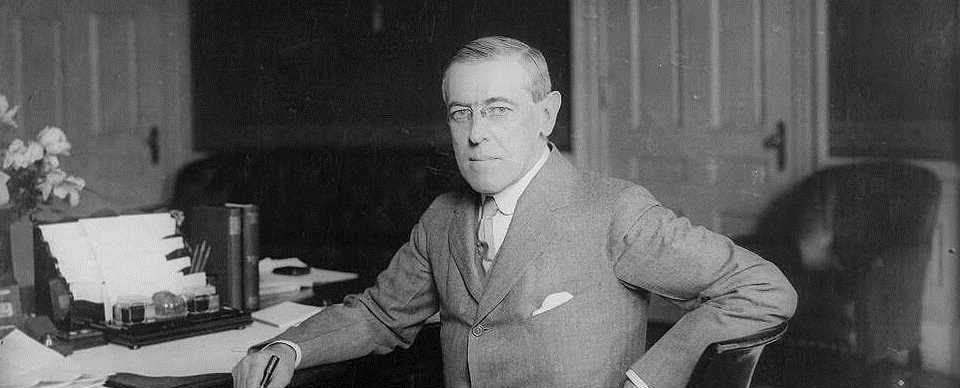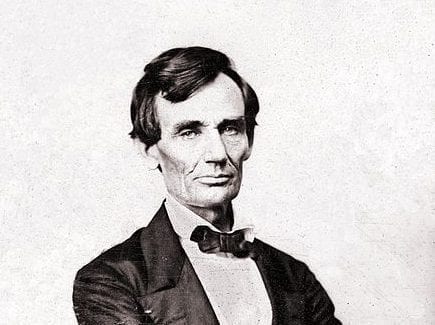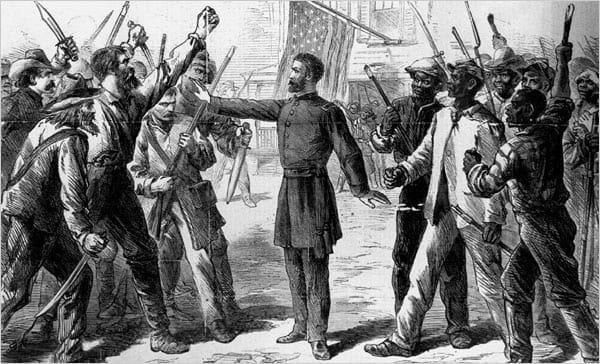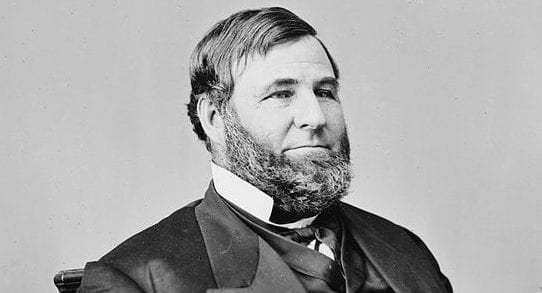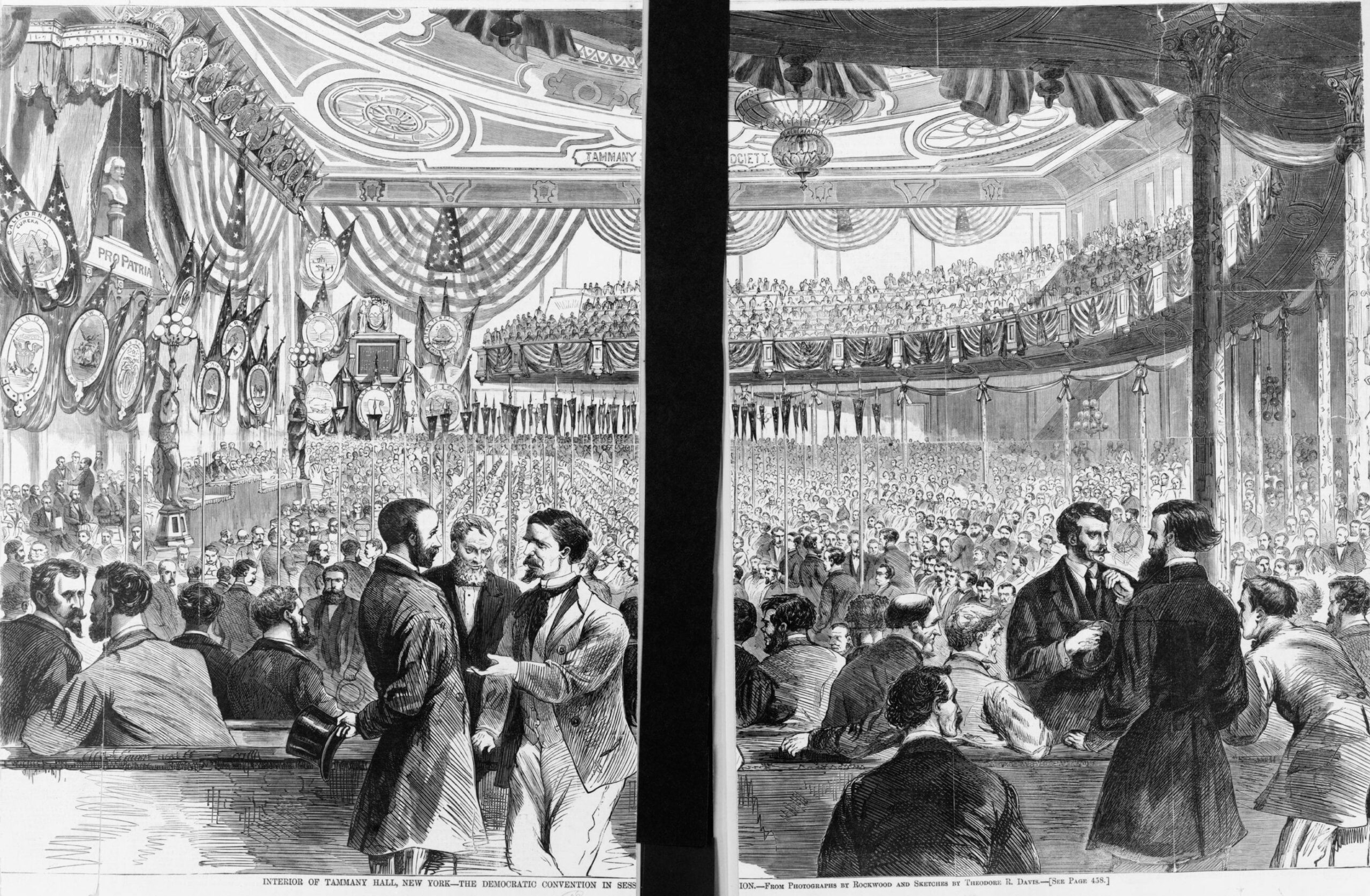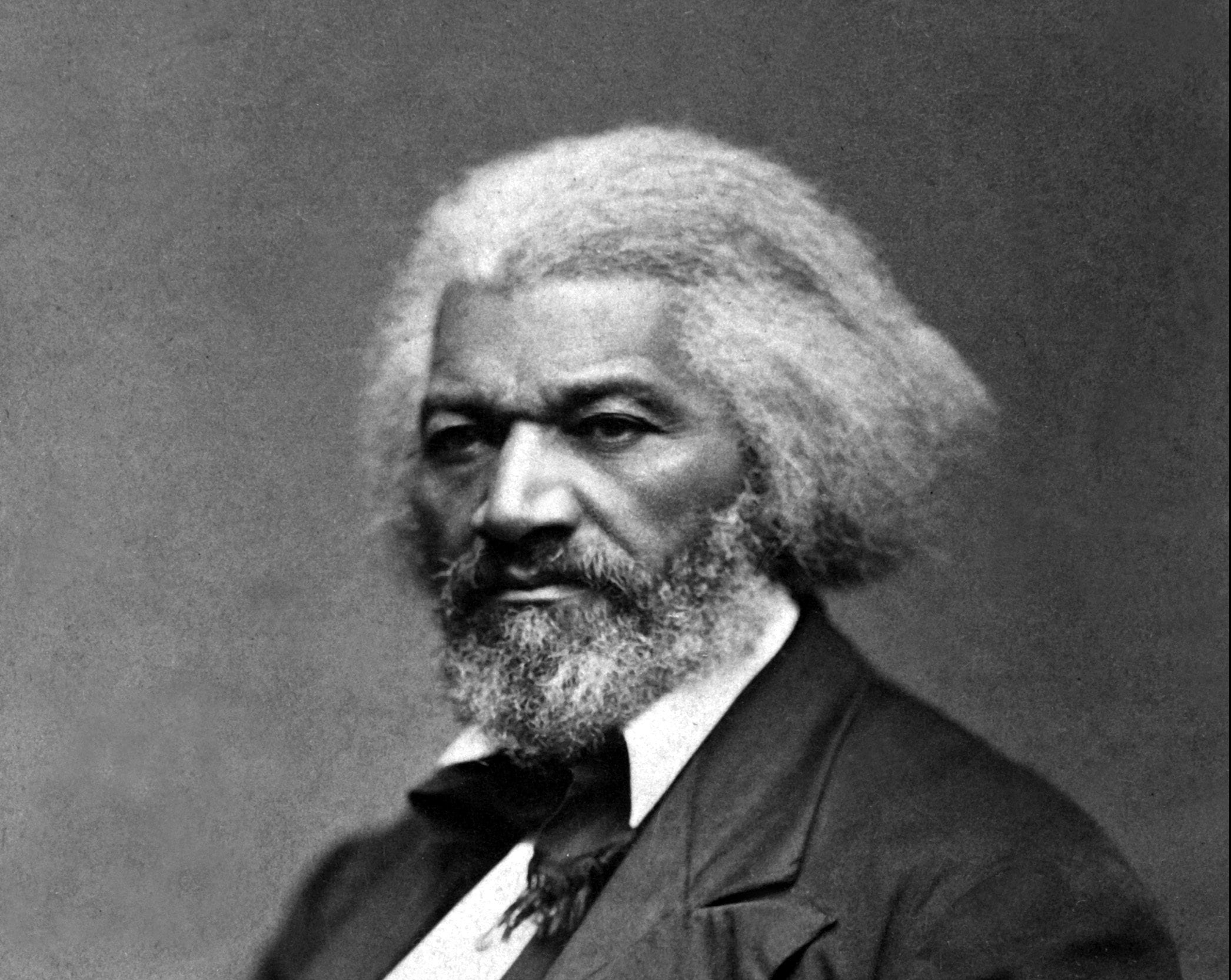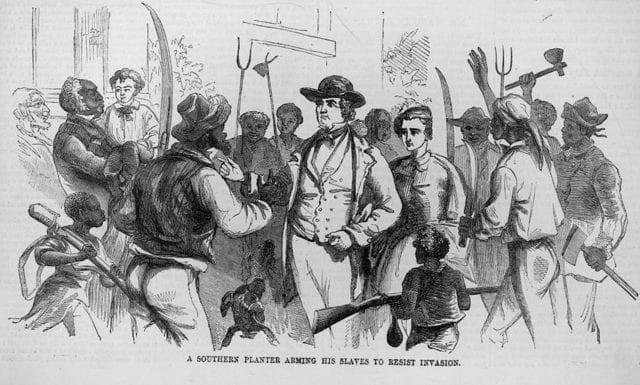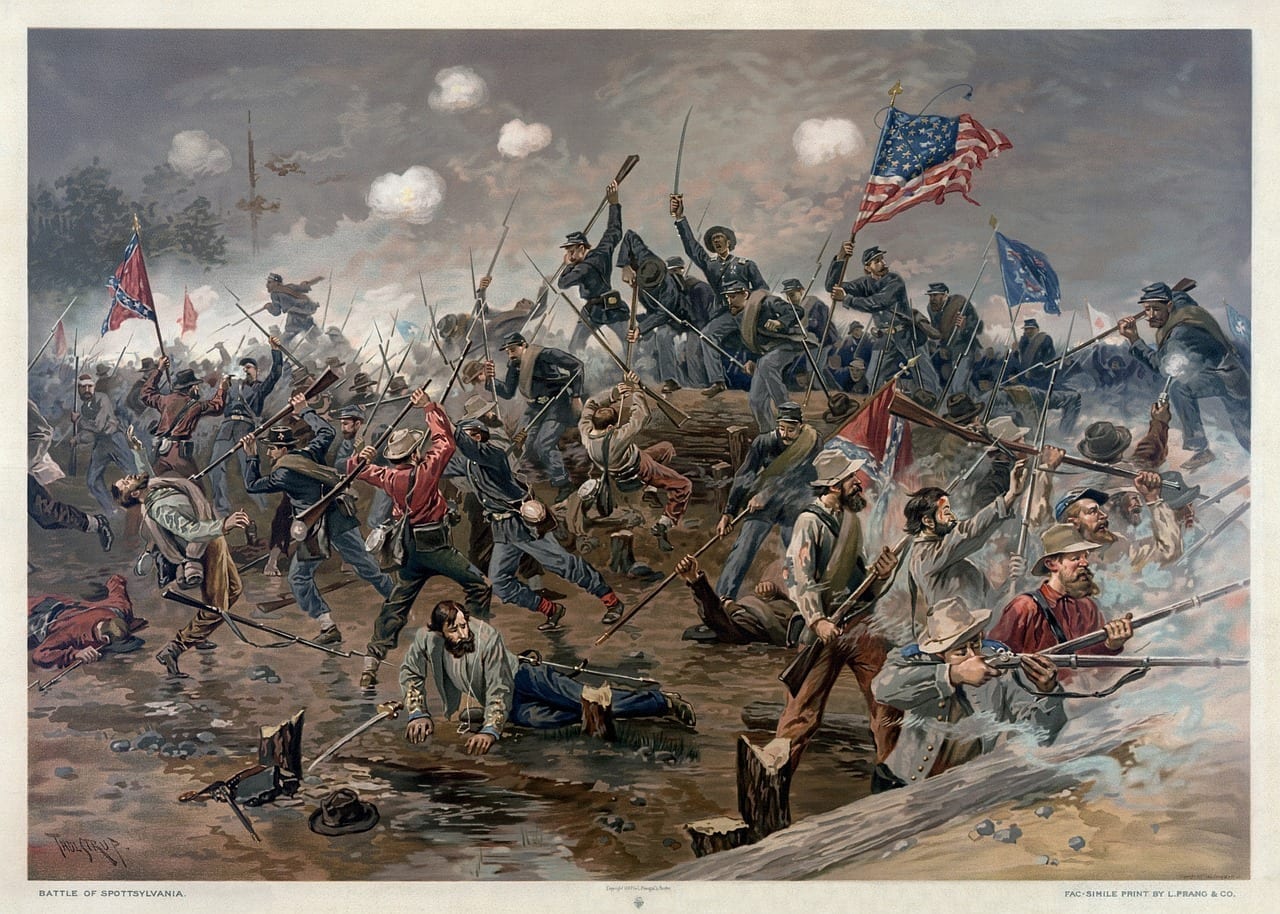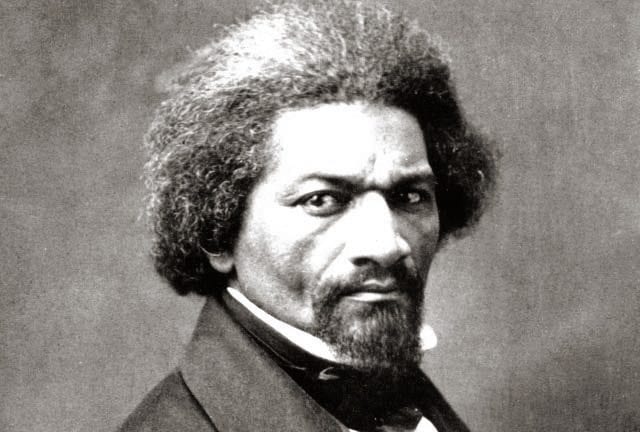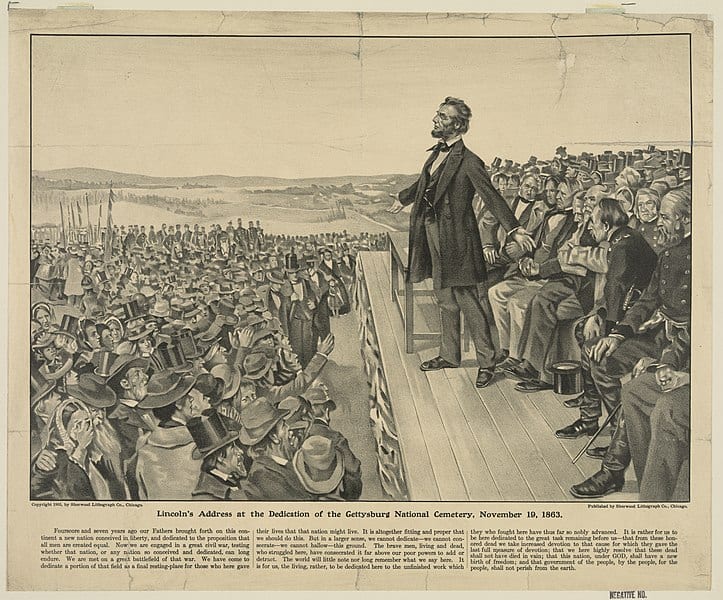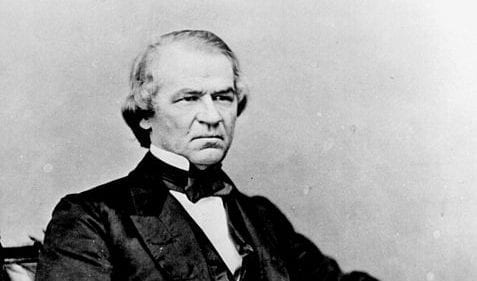To the Honorable the Common Council:
GENTLEMEN: We are entering upon the public duties of the year under circumstances as unprecedented as they are gloomy and painful to contemplate. The great trading and producing interests of not only the city of New York, but of the entire country, are prostrated by a monetary crisis; and although similar calamities have before befallen us, it is the first time that they have emanated from causes having no other origin than that which may be traced to political disturbances. Truly, may it now be said, “We are in the midst of a revolution bloodless as Yet.” Whether the dreadful alternative implied as probable in the conclusion of this prophetic quotation may be averted, “no human ken can divine.” It is quite certain that the severity of the storm is unexampled in our history, and if the disintegration of the Federal Government, with the consequent destruction of all the material interests of the people shall not follow, it will be owing more to the interposition of Divine Providence, than to the inherent preventive power of our institutions, or the intervention of any other human agency.
It would seem that a dissolution of the Federal Union is inevitable. Having been formed originally on a basis of general and mutual protection, but separate local independence–each State reserving the entire and absolute control of its own domestic affairs, it is evidently impossible to keep them together longer than they deem themselves fairly treated by each other, or longer than the interests, honor and fraternity of the people of the several States are satisfied. Being a Government created by opinion, its continuance is dependent upon the continuance of the sentiment which formed it. It cannot be preserved by coercion or held together by force. A resort to this last dreadful alternative would of itself destroy not only the Government, but the lives and property of the people.
If these forebodings shall be realized, and a separation of the States shall occur, momentous considerations will be presented to the corporate authorities of this city. We must provide for the new relations which will necessarily grow out of the new condition of public affairs.
It will not only be necessary for us to settle the relations which we shall hold to other cities and States, but to establish, if we can, new ones with a portion of our own State. Being the child of the Union, having drawn our sustenance from its bosom, and arisen to our present power and strength through the vigor of our mother–when deprived of her maternal advantages, we must rely upon our own resources and assume a position predicated upon the new phase which public affairs will present, and upon the inherent strength which our geographical, commercial, political, and financial preeminence imparts to us.
With our aggrieved brethren of the Slave States, we have friendly relations and a common sympathy. We have not participated in the warfare upon their constitutional rights or their domestic institutions. While other portions of our State have unfortunately been imbued with the fanatical spirit which actuates a portion of the people of New England, the city of New York has unfalteringly preserved the integrity of its principles of adherence to the compromises of the Constitution and the equal rights of the people of all the States. We have respected the local interests of every section, at no time oppressing, but all the while aiding in the development of the resources of the whole country. Our ships have penetrated to every clime, and so have New York capital, energy and enterprise found their way to every State, and, indeed, to almost every county and town of the American Union. If we have derived sustenance from the Union, so have we in return disseminated blessings for the common benefit of all. Therefore, New York has a right to expect, and should endeavor to preserve a continuance of uninterrupted intercourse with every section.
It is, however, folly to disguise the fact that, judging from the past, New York may have more cause of apprehension from the aggressive legislation of our own State than from external dangers. We have already largely suffered from this cause. For the past five years, our interests and corporate rights have been repeatedly trampled upon. Being an integral portion of the State, it has been assumed, and in effect tacitly admitted on our part by nonresistance, that all political and governmental power over us rested in the State Legislature. Even the common right of taxing ourselves for our own government, has been yielded, and we are not permitted to do so without this authority.
Thus it will be seen that the political connection between the people of the city and the State has been used by the latter to our injury. The Legislature, in which the present partizan majority has the power, has become the instrument by which we are plundered to enrich their speculators, lobby agents, and Abolition politicians. Laws are passed through their malign influence by which, under forms of legal enactment, our burdens have been increased, our substance eaten out, and our municipal liberties destroyed. Self—government, though guaranteed by the State Constitution, and left to every other county and city, has been taken from us by this foreign power, whose dependents have been sent among us to destroy our liberties by subverting our political system.
How we shall rid ourselves of this odious and oppressive connection, it is not for me to determine. It is certain that a dissolution cannot be peacefully accomplished, except by the consent of the Legislature itself. Whether this can be obtained or not, is, in my judgment, doubtful. Deriving so much advantage from its power over the city, it is not probable that a partizan majority will consent to a separation–and the resort to force by violence and revolution must not be thought of for an instant. We have been distinguished as an orderly and law—abiding people. Let us do nothing to forfeit this character, or to add to the present distracted condition of a public affairs.
Much, no doubt, can be said in favor of the justice and policy of a separation. It may be said that secession or revolution in any of the United States would be subversive of all Federal authority, and, so far as the Central Government is concerned, the resolving of the community into its original elements–that, if part of the States form new combinations and Governments, other States may do the same. California and her sisters of the Pacific will no doubt set up an independent Republic and husband their own rich mineral resources. The Western States, equally rich in cereals and other agricultural products, will probably do the same. Then it may be said, why should not New York city, instead of supporting by her contributions in revenue two—thirds of the expenses of the United States, become also equally independent? As a free city, with but nominal duty on imports, her local Government could be supported without taxation upon her people. Thus we could live free from taxes, and have cheap goods nearly duty free. In this she would have the whole and united support of the Southern States, as well as all the other States to whose interests and rights under the Constitution she has always been true.
It is well for individuals or communities to look every danger square in the face, and to meet it calmly and bravely. As dreadful as the severing of the bonds that have hitherto united the States has been in contemplation, it is now apparently a stern and inevitable fact. We have now to meet it with all the consequences, whatever they may be. If the Confederacy is broken up the Government is dissolved, and it behooves every distinct community, as well as every individual, to take care of themselves.
When Disunion has become a fixed and certain fact, why may not New York disrupt the bands which bind her to a venal and corrupt master–to a people and a party that have plundered her revenues, attempted to ruin her and a party that have plundered her revenues, attempted to ruin her commerce, taken away the power of self—government, and destroyed the Confederacy of which she was the proud Empire City? Amid the gloom which the present and prospective condition of things must cast over the country, New York, as a Free City, may shed the only light and hope of a future reconstruction of our once blessed Confederacy.
But I am not prepared to recommend the violence implied in these views. In stating this argument in favor of freedom, “peaceably if we can, forcibly if we must,” let me not be misunderstood. The redress can be found only in appeals to the magnanimity of the people of the whole State. The events of the past two months have no doubt effected a change in the popular sentiment of the State and National politics. This change may bring us the desired relief, and we may be able to obtain a repeal of the law to which I have referred, and a consequent restoration of our corporate rights.









